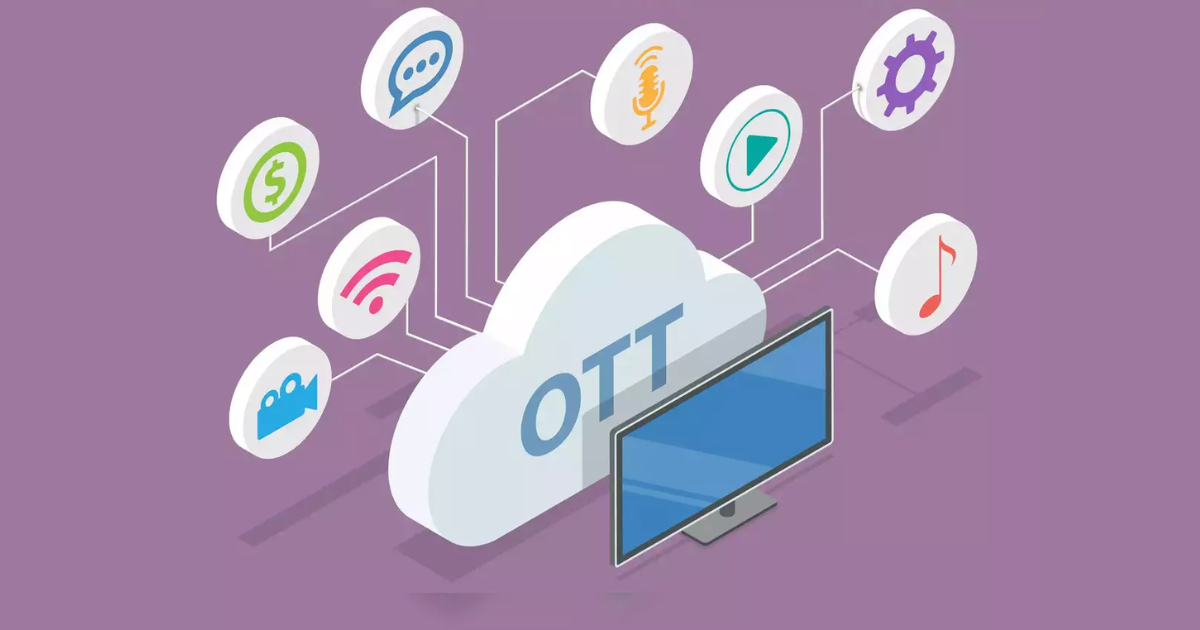The Telecom Regulatory Authority of India (TRAI) has released a long-awaited consultation paper on regulating over-the-top (OTT) communication apps in the country. The paper addresses two main aspects: establishing a regulatory mechanism for OTT communication apps and examining the selective banning of such apps.
TRAI has invited feedback from stakeholders on the consultation paper, with a deadline of August 18. The document covers various themes, including the need for selective banning of OTT communication apps like Meta-owned WhatsApp, Telegram, and Google Meet, as well as lawful interception of messages by authorities. TRAI also seeks comments on privacy concerns and the quality of services provided by these apps.
User feedback and regulatory considerations
The paper requests input from users on the definition of OTT services in general, OTT communication services specifically, and the classification of OTT messaging apps. It also seeks suggestions on whether new or existing laws should bring OTT services under regulatory purview.
TRAI asks for user feedback on multiple aspects of OTT communication compared to licensed telecommunication services, including regulatory, economic, security, privacy, safety, quality of service, and consumer grievance redressal aspects. Additionally, TRAI inquires about the need for a collaborative framework between OTT communication apps and licensed telecommunication service providers, highlighting potential challenges and the impact on net neutrality, consumer access, and choice.
Selective banning and industry context
The consultation paper also raises the question of selective banning of OTT apps, seeking solutions to mitigate technical challenges that may arise during implementation in specific regions and for specific periods.
This consultation paper comes almost a year after the Indian government began discussions on regulating OTT communication apps. TRAI had previously floated a similar proposal in 2018 but eventually shelved it due to industry criticism. Telecom operators have been leading the call for regulation, claiming that they invest substantial resources in building networks and acquiring licenses, while OTT apps operate without such constraints.
Concerns and potential impact
Concerns over revenue loss and encryption norms have also fueled the government’s interest in regulating OTT apps. The move could impact major players like WhatsApp and Google, who have a significant presence in the Indian market. A licensing regime could impose additional costs and compliance requirements on these companies, potentially leading to higher prices for price-sensitive Indian consumers.
The release of the consultation paper sets the stage for a potential standoff between the Indian government and foreign-owned tech giants. The outcome of this consultation and its impact on regulation in the OTT space remains uncertain, as previous attempts at regulation have faced challenges and debates.



![[CITYPNG.COM]White Google Play PlayStore Logo – 1500×1500](https://startupnews.fyi/wp-content/uploads/2025/08/CITYPNG.COMWhite-Google-Play-PlayStore-Logo-1500x1500-1-630x630.png)